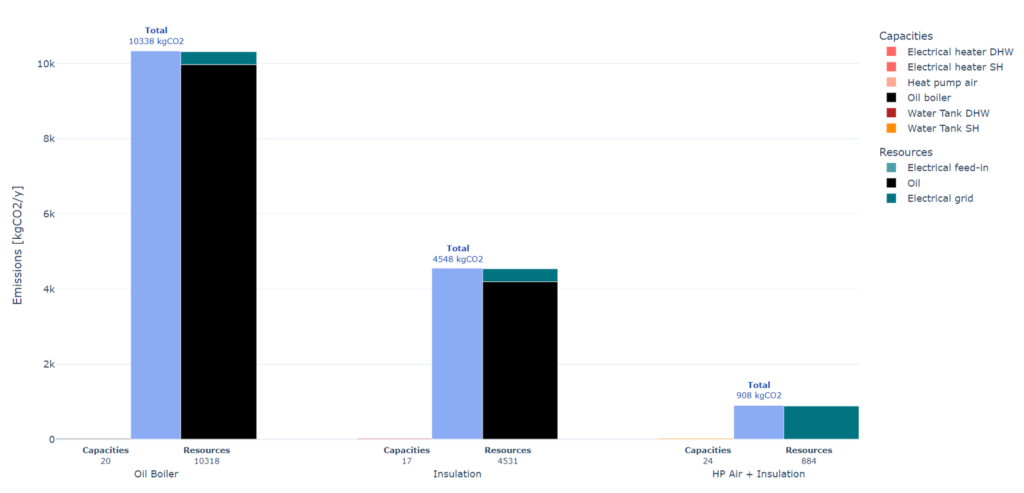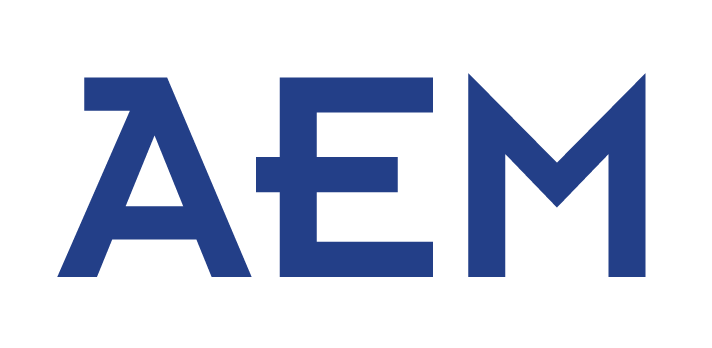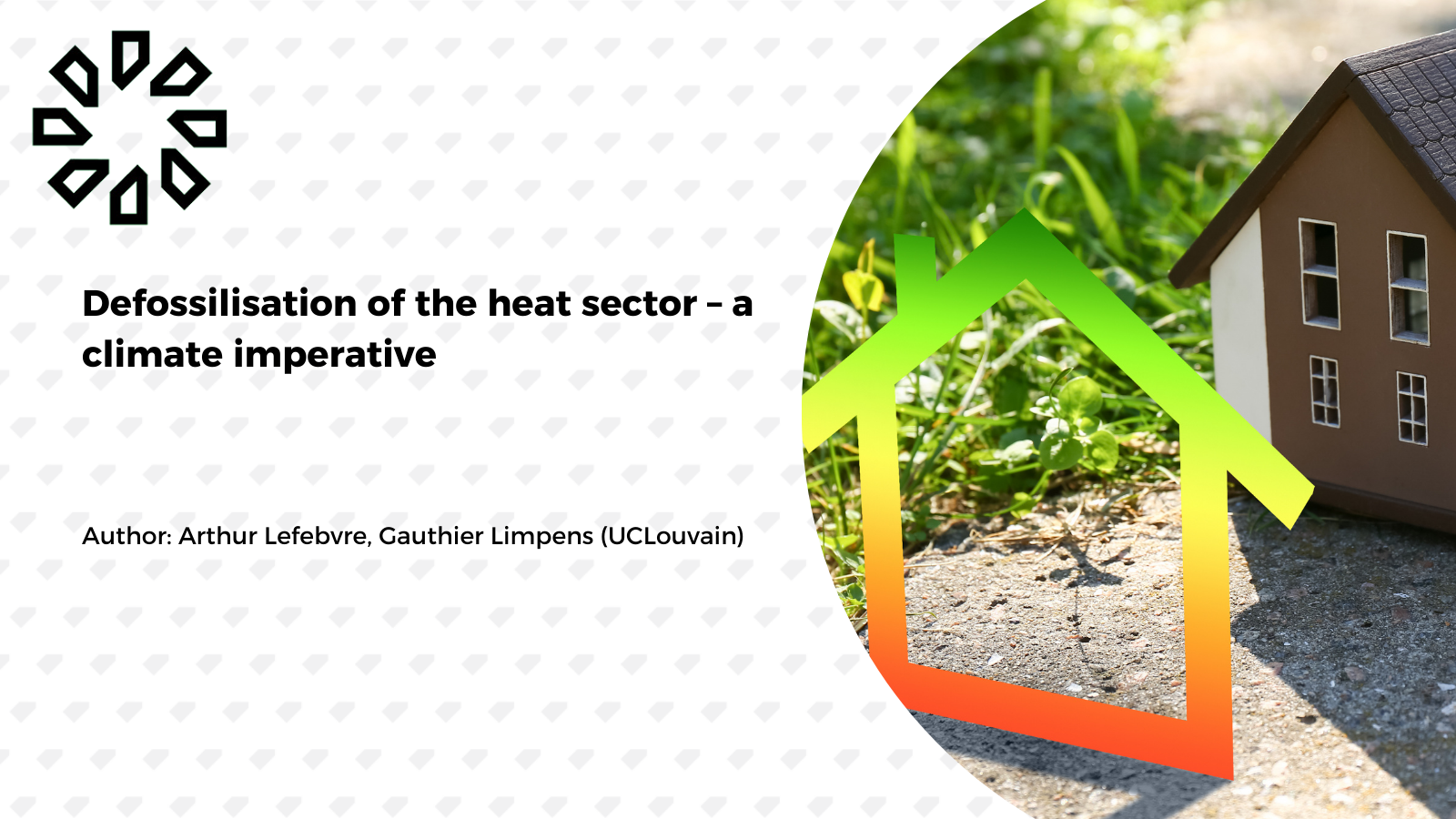Did you know that space heating and sanitary hot water represent 78% of the total energy consumption of EU households1 ? With most of the EU countries having a poorly insulated building stock, heating systems relying mainly on the combustion of fossil fuels balance the important heat losses. This combustion implies carbon dioxide emissions and thus contributes to climate change. Substituting conventional boilers in dwellings with low-emissions heating systems such as efficient heat pumps powered with carbon-free electricity and speeding up building renovation is a climate imperative.
However, the current disparities in building stocks and available heat sources suggest that defossilising the heating sector will not be achieved through a unique universal solution but will require a mix of specific local solutions tailored to the opportunities, requirements, and constraints of each location. The challenge is thus case-specific and requires first selecting the optimal mosaic of technologies and second their sizing and operation to deliver defossilised heat for different communities around Europe.
This optimal portfolio of technologies and heat sources is one of the many challenges UCLouvain will tackle for each pilot site within InterPED, providing optimal heating system configurations at the building and district level. This will be tackled using the innovative Renewable Energy Hub Optimizer (REHO)2, a whole-energy system optimization model co-developed with EPFL (Switzerland)! The model integrates the following key aspects:
- Selection of the technologies
- Sizing and investment estimation
- Operation of the technologies during their lifetime
- Trade-offs between minimising costs and greenhouse gas emissions
- Multi-sectoral approach including electricity, heat and mobility
- Accurate assessment of intermittent renewable energy sources
Have a look at some preliminary results provided by the model for a residential house in the Arena Innovative Community (AIC), in Switzerland. The results concern the reduction in global warming potential following renovation and electrification of the heating.

In the first scenario, the house is equipped with an oil boiler providing heat for space heating and domestic hot water needs. In the second scenario, the house is renovated to be better insulated. Insulating the house could divide by two the yearly emissions! In the third scenario, the oil boiler is replaced by a heat pump, which further decreases the potential global warming impact of the heating system due to no more oil consumption and low-carbon content of the Swiss electricity grid. Increasing the share of renewable energy sources in the production of electricity at the national level could reduce the carbon content of the grid; installing photovoltaic panels on the roof would also lower the carbon footprint of the house and increase its self-sufficiency performance. These preliminary results are promising and give citizens insights into the positive environmental impact of shifting from fossil fuel boilers to renewable solutions that provide heat services in their homes.
But one might ask what such a configuration shift would cost the owner of this house; despite increased investment costs of installing a heat pump, the decrease of operational costs related to the elimination of oil consumption would reduce the total costs related to this dwelling—adding economic benefits to the environmental one. Detailed studies on economic indicators (capital, operational and total expenses) of different system configurations at the building-scale will be carried out within the InterPED project.
Further studies will also investigate optimal configurations at district-level, considering implementation of district heating networks or transformation of existing high-temperature heating networks to low-temperature networks capitalising on renewable and waste heat sources (e.g. wastewater treatment plant).
Blog signed: Arthur Lefebvre, Gauthier Limpens (UCLouvain)
[1] Eurostat (https://doi.org/10.2908/NRG_D_HHQ)
[2] Renewable energy hub optimizer (reho) – a comprehensive decision support tool for sustainable energy system planning. https://reho.readthedocs.io/en/main/
















